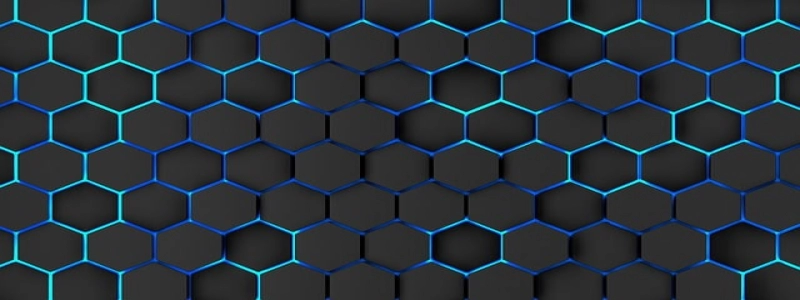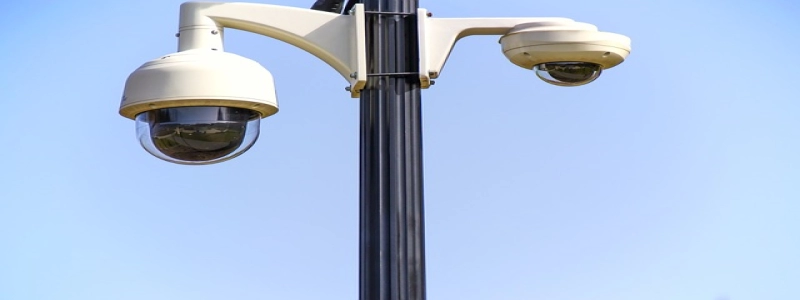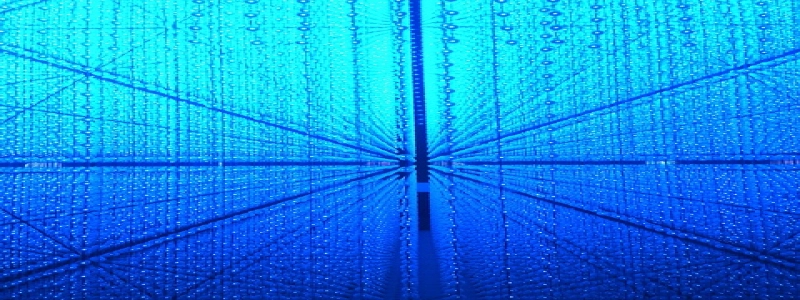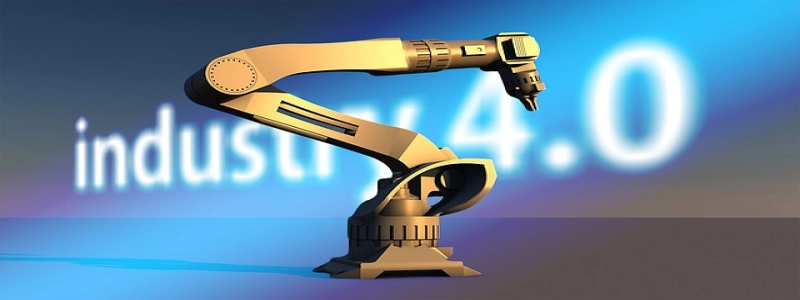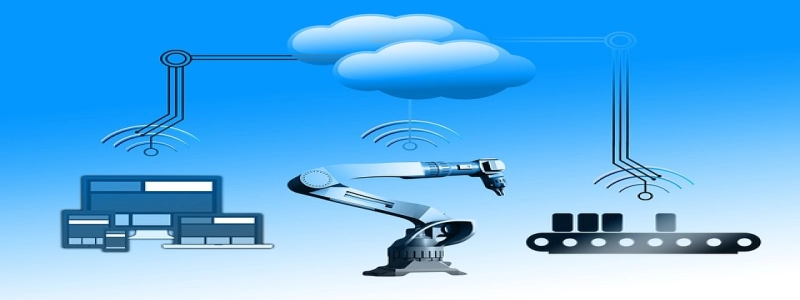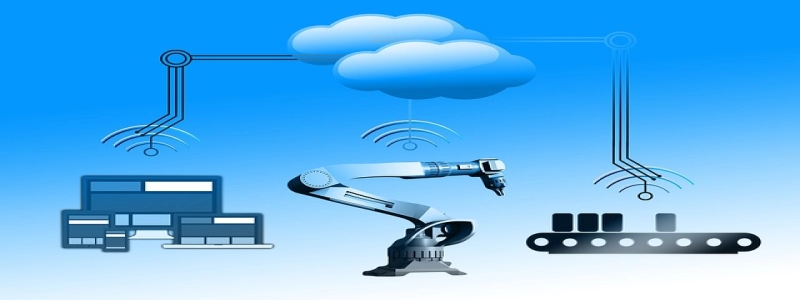Types of Solar Connectors
I. Introduction
Solar connectors are essential components in photovoltaic systems as they facilitate the flow of electrical energy between solar panels. Varying in design, these connectors play a vital role in ensuring reliable and efficient energy transfer. This article discusses the different types of solar connectors available in the market today.
II. MC4 Connectors
MC4 connectors are one of the most widely used types of solar connectors. These connectors have become the industry standard due to their versatility and reliability. They are designed for both indoor and outdoor use, with their waterproof and UV-resistant properties making them ideal for harsh weather conditions. MC4 connectors have a specific locking mechanism that ensures a secure connection between solar panels, minimizing the risk of power loss.
III. Amphenol Connectors
Amphenol connectors are another popular choice in solar energy systems. They are known for their robust design and high current-carrying capacity. Unlike MC4 connectors, Amphenol connectors require tools for assembly, which provides an extra layer of security. These connectors are particularly suitable for large-scale solar projects where efficiency and durability are essential.
IV. Wieland Connectors
Wieland connectors are commonly used in solar applications due to their ease of use and quick installation process. They feature a plug-and-play design, allowing for time-saving and hassle-free connections. Wieland connectors are also known for their high current-carrying capacity, ensuring optimal electrical performance. These connectors are suitable for both residential and commercial solar installations.
V. T-Branch Connectors
T-branch connectors are unique in that they allow for the connection of multiple solar panels. They are commonly used in larger solar systems where multiple panels need to be connected in parallel or series configurations. T-branch connectors provide a reliable and efficient means of interconnecting solar panels, minimizing power losses and maximizing overall system output.
VI. Conclusion
In conclusion, solar connectors are crucial components in any photovoltaic system, ensuring the efficient transfer of electrical energy between solar panels. The various types of solar connectors available, such as MC4 connectors, Amphenol connectors, Wieland connectors, and T-branch connectors, offer different advantages and can be chosen based on project requirements. Understanding the specific characteristics and benefits of each type of connector is vital for successfully implementing a solar energy system.


